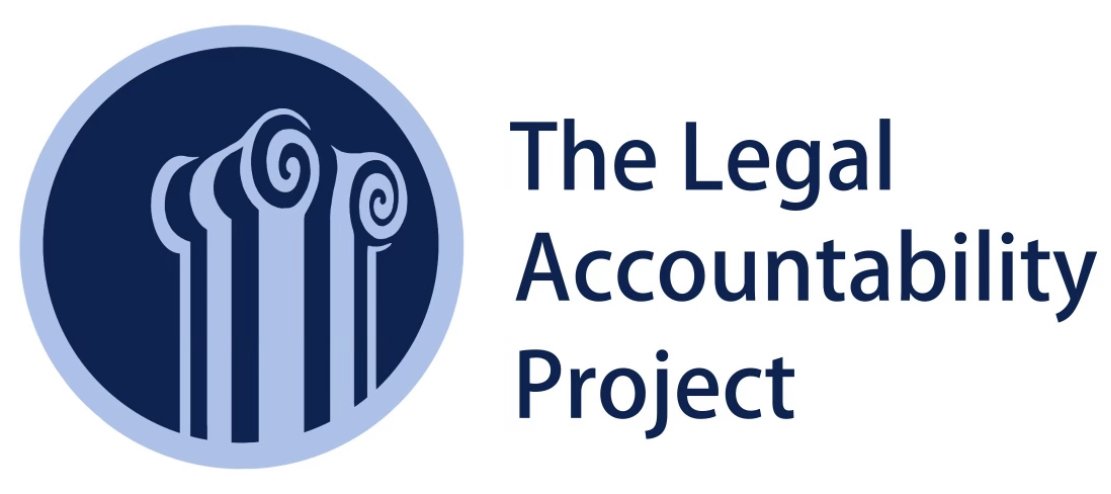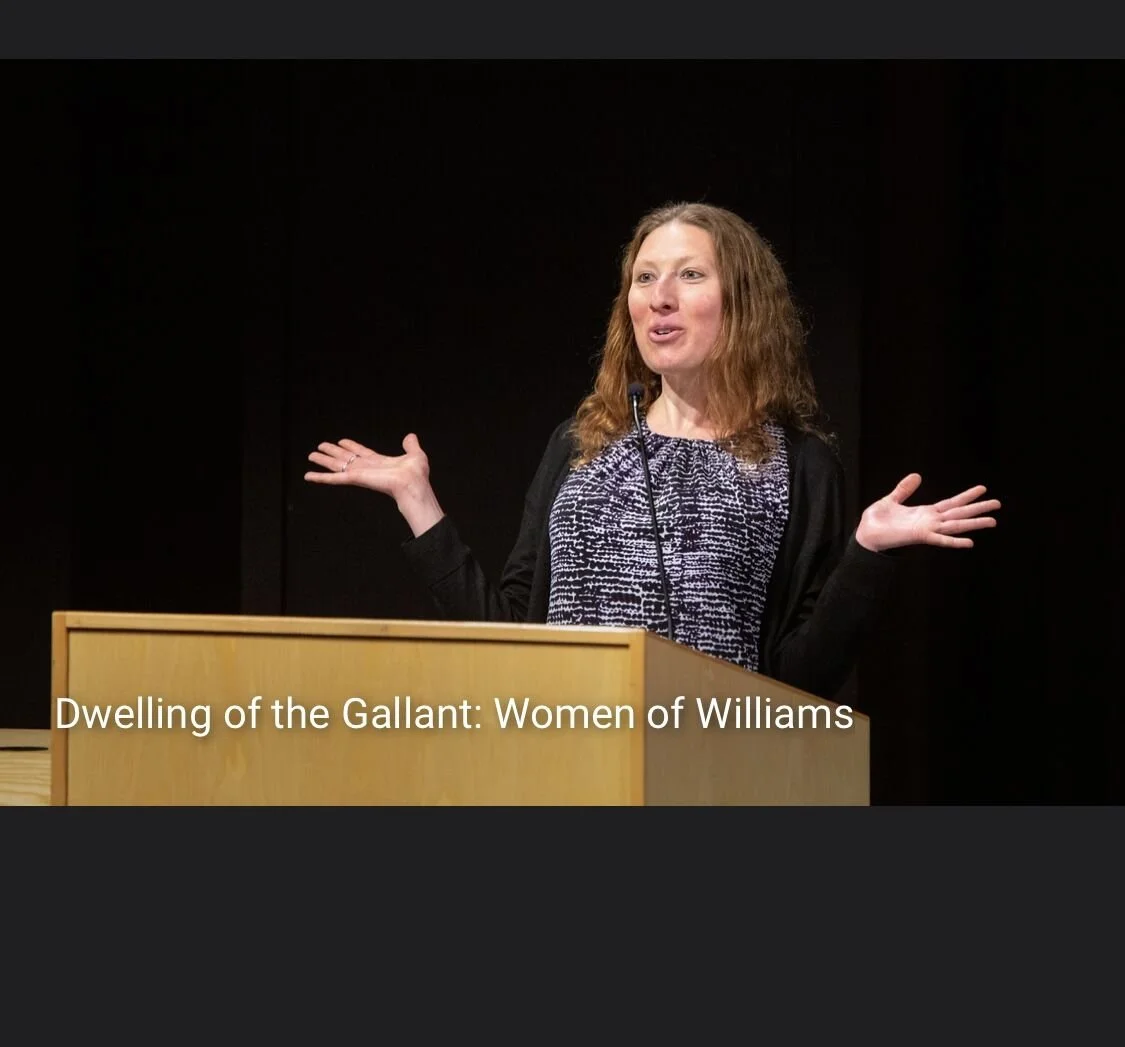“My experience, while not rare, is one that is rarely shared publicly.”
- Aliza Shatzman, President and Founder, The Legal Accountability Project
Running a nonprofit isn’t what The Legal Accountability Project’s President and Founder Aliza Shatzman set out to do when she graduated from Washington University in St. Louis School of Law in 2019. Aliza aspired to become a homicide prosecutor, so she decided to clerk in the Superior Court of the District of Columbia during the 2019-2020 term, the jurisdiction where she intended to practice law. Aliza hoped to get a crash course in trial lawyering from the attorneys who appeared before the court, as well as a window into judicial decision-making that would help her craft better arguments.
The messaging around clerkships at Aliza’s law school was uniformly positive. Aliza was told that she would develop a lifelong mentor/mentee relationship with the judge for whom she clerked, and that the position would confer only professional benefits. No one talked about the potential downsides of clerking: the enormous power disparity between judges and fresh-out-of-law-school clerks that makes it incredibly difficult to speak out against workplace mistreatment; the lack of workplace protections; and the far-reaching power that judges can exert over former clerks’ lives, careers, and reputations, long after the clerkship has ended.
Unfortunately, as Aliza first shared in written testimony before the House Judiciary Committee’s Subcommittee on Courts, Intellectual Property, and the Internet in March 2022 and has shared in numerous public forums since then, her clerkship shattered her career aspirations and set her on a totally different path. Following Aliza’s experience with gender discrimination, harassment, and retaliation during and after her clerkship, she discovered that the federal judiciary is exempt from Title VII of the Civil Rights Act of 1964, meaning that law clerks in her situation have no legal recourse for harms done to their lives, careers, and future earning potential.
Aliza spoke with House and Senate offices to share her experience and advocate for legislation that would extend Title VII protections to judiciary employees. When the House Judiciary Subcommittee on Courts, Intellectual Property, and the Internet held a hearing on this issue, Aliza submitted written testimony to advocate for common-sense, urgently needed legal protections.
Following the hearing, Aliza began to consider ideas to further her advocacy work on behalf of law clerks. She launched LAP to correct injustices she personally experienced: a lack of transparency in the clerkship application process that causes too many new attorneys to enter unsafe work environments because they lack information about judges, as well as a lack of accountability for judges who mistreat their clerks.
Throughout the spring of 2022, Aliza engaged in dozens of conversations with law school deans and clerkship directors about resources to help students identify beneficial clerkship experiences and avoid judges who mistreat their clerks. Law schools advise students to do their research about judges before applying for clerkships by reaching out to current or former clerks to discuss the clerkship experience. A few schools also conduct post-clerkship surveys of their law clerk alumni. Very little information about judges as managers and clerkship experiences is available to students. Aliza crafted LAP’s initiatives based on these discussions.
LAP’s goals are to foster beneficial clerkship experiences and ensure that everyone who wants to clerk can pursue a clerkship in a safe and supportive work environment; to diversify the clerkship applicant pool, judicial chambers, and the legal profession generally; to increase transparency in the clerkship application process by democratizing information about judges; and to advocate for anti-discrimination protections in the judiciary, revisions to judicial codes of conduct and workplace policies; and changes to judicial complaint processes in both the federal and state courts to ensure due process for law clerks. Aliza shares her negative clerkship experience regularly in interviews, articles, and other public forums in order to underscore that her experience, while not rare, is one that is rarely shared publicly.
LAP aims to empower law students to demand safer workplaces, as well as increased transparency and equity in the clerkship application process. LAP also encourages other former clerks who experienced mistreatment to speak candidly about their experiences. LAP is changing the culture in the legal community in order to empower everyone to bring their full selves to work.




